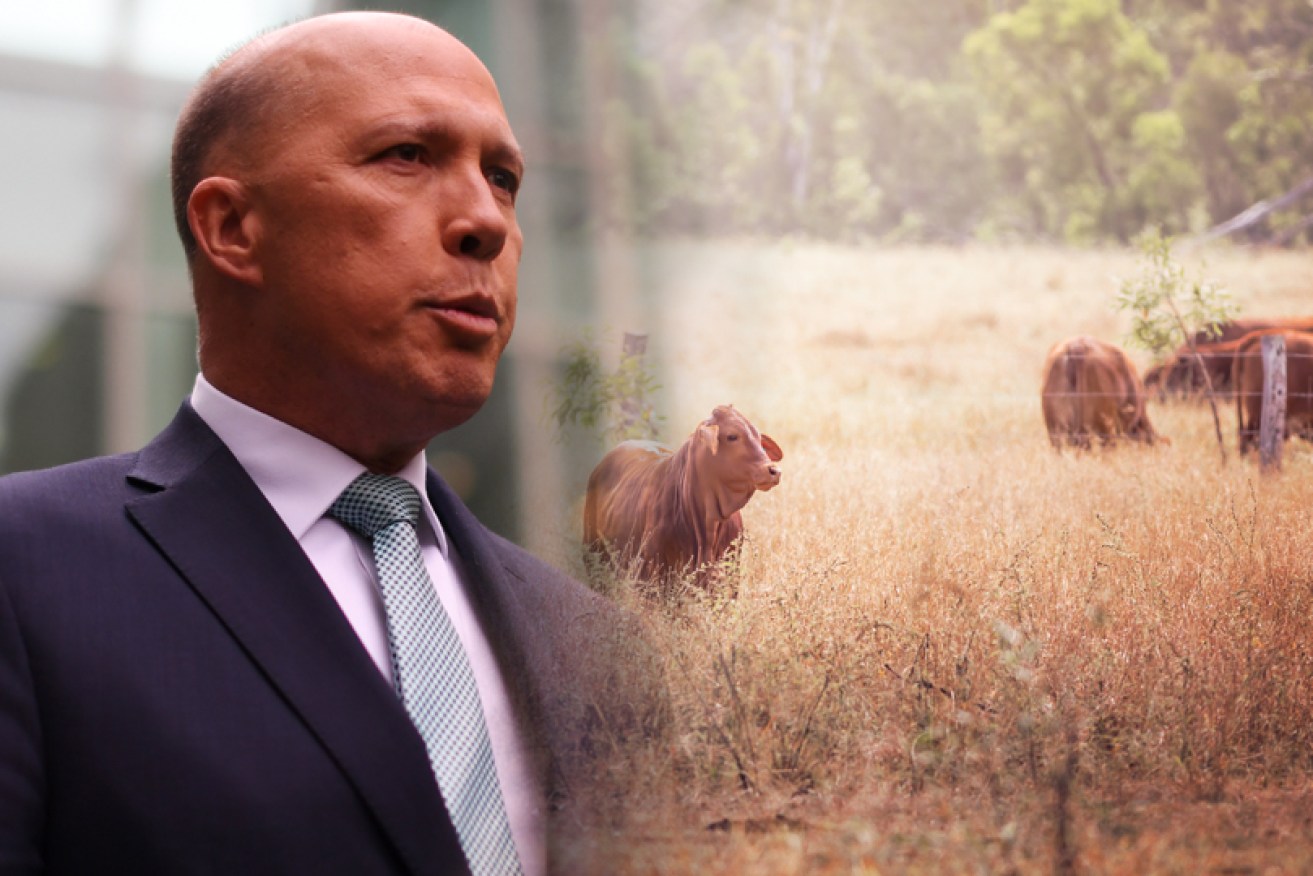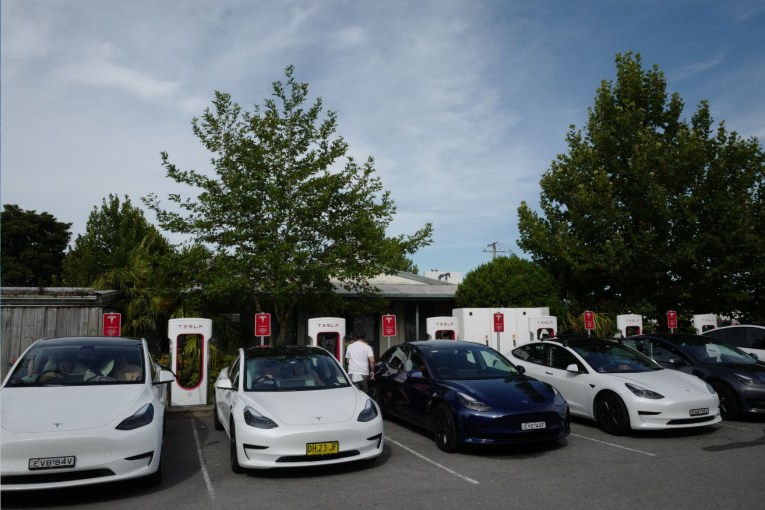Why Peter Dutton’s Queensland matters so much

Mr Dutton may have protected key marginal seats. Photo: Getty
Peter Dutton would have given a bigger “sugar hit” than Scott Morrison in the key election battleground of Queensland amid fears the Coalition could lose a swag of marginal seats, according to political analysts.
The latest Newspoll shows popular support for the Coalition has dropped to its lowest level in a decade as Mr Morrison takes the leadership reins.
The Coalition has more marginal seats in Queensland than other states, with eight of the LNP’s 21 federal Queensland seats considered in jeopardy on margins of less than 4 per cent.
All are either on the fringes of Brisbane or in the “frontier” regions where Malcolm Turnbull struggled to resonate with voters.
For voters living in regional Queensland cities like Mackay or Rockhampton, the state’s capital city seems like another world, let alone the high rises and harbourside mansions of Sydney.
Thus, Mr Morrison’s appointment as Australia’s new Prime Minister – a ‘rich white dude from Sydney’ replacing another rich white dude from Sydney, as one spoof headline declared – highlights a task for the government as it attempts to marshal its conservative “base”.

Rockhampton during the floods in 2005. Photo: Getty
Can the new Sydney PM appeal to the blue-collar workers, the non-tertiary educated and the down-and-outers in the electorates that matter – key marginal seats in regionalised states like Queensland?
Last month’s Longman by-election, which resulted in a 9.4 per cent drop in the LNP primary vote and a 3.7 per cent two-party-preferred swing against the LNP candidate, was a key catalyst for last week’s so-called leadership “insurgency”.
Longman sits on the northern outskirts of Brisbane and its hub town of Caboolture has been tagged Australia’s ‘dole bludging capital’ based on Centrelink statistics. Longman borders the electorate of Mr Dutton, who holds the seat of Dickson with a slim margin of just 1.6 per cent.
One can only imagine how nervous Mr Dutton would have been, watching voters down the road cast ballots against the LNP in droves.
Queensland voters often make or break federal governments because the state has the largest number of electorates in the nation.
“When the swing is on in Queensland, it’s on,” said political commentator Dr Paul Williams, senior lecturer in politics and journalism at Griffith University.
Dr Williams said Mr Dutton would have provided the biggest “sugar hit”, more than Julie Bishop and Mr Morrison, and all three had more appeal to Queenslanders than Mr Turnbull.
Mr Turnbull did not connect with Queenslanders living outside the capital, which is effectively anywhere north of the electorate of Longman, he said.
“North of Caboolture Turnbull does not resonate because he is not one of them,” Dr Williams said.
“He’s a very rich man from the North Shore of Sydney who talks in clipped tones and talks about innovation.”
It will thus fall to PM Scott Morrison to improve on Mr Turnbull’s standing and connect with the “people with their backsides out of their trousers”, Dr Williams said.
Dr Maxine Newlands, a senior lecturer in political science at James Cook University in Townsville, said Mr Dutton would have been well liked in Queensland because he is a Queenslander and knows the issues that concern people in regional towns as well as the city.
“Dutton speaks the language of Christian values. Scott Morrison is not ‘right’ enough,” Dr Newlands said.
Because it is the most regionalised state in Australia, political analysts say Queenslanders often live in an “old-fashioned” world unto their own.
They care about electricity bills, not climate change. They don’t personally know Muslims, which means they fear immigration more than those in the capitals, and they don’t mind government interference in the bedroom.
“Many parts of Queensland could pass for the 1950s,” Dr Williams said.
“From Caboolture north and west of Ipswich, it’s frontier politics – no nonsense, pragmatism, earthiness, seat of the pants.
“So many of these seats are so volatile it could go either way.”
Putting aside voter outrage at the leadership spill and the potential damage it may cause at the next federal election, another problem for the Coalition is indicative of a broader issue for political parties seeking to appeal to their so-called “base” – it apparently doesn’t exit.
Dr Williams said there is “no such thing” as the Liberal or Labor base in the traditional sense. In Queensland, a Liberal supporter could be an urban dweller who supports same-sex marriage or a regional tradie who hates big banks.
Political leanings are no longer clear cut ‘left’ or ‘right’. Instead voters may be split on ideological issues like climate change, gay marriage and immigration – which is where One Nation is edging its way in – but have different political views on bread-and-butter issues like company taxes, health and education.







